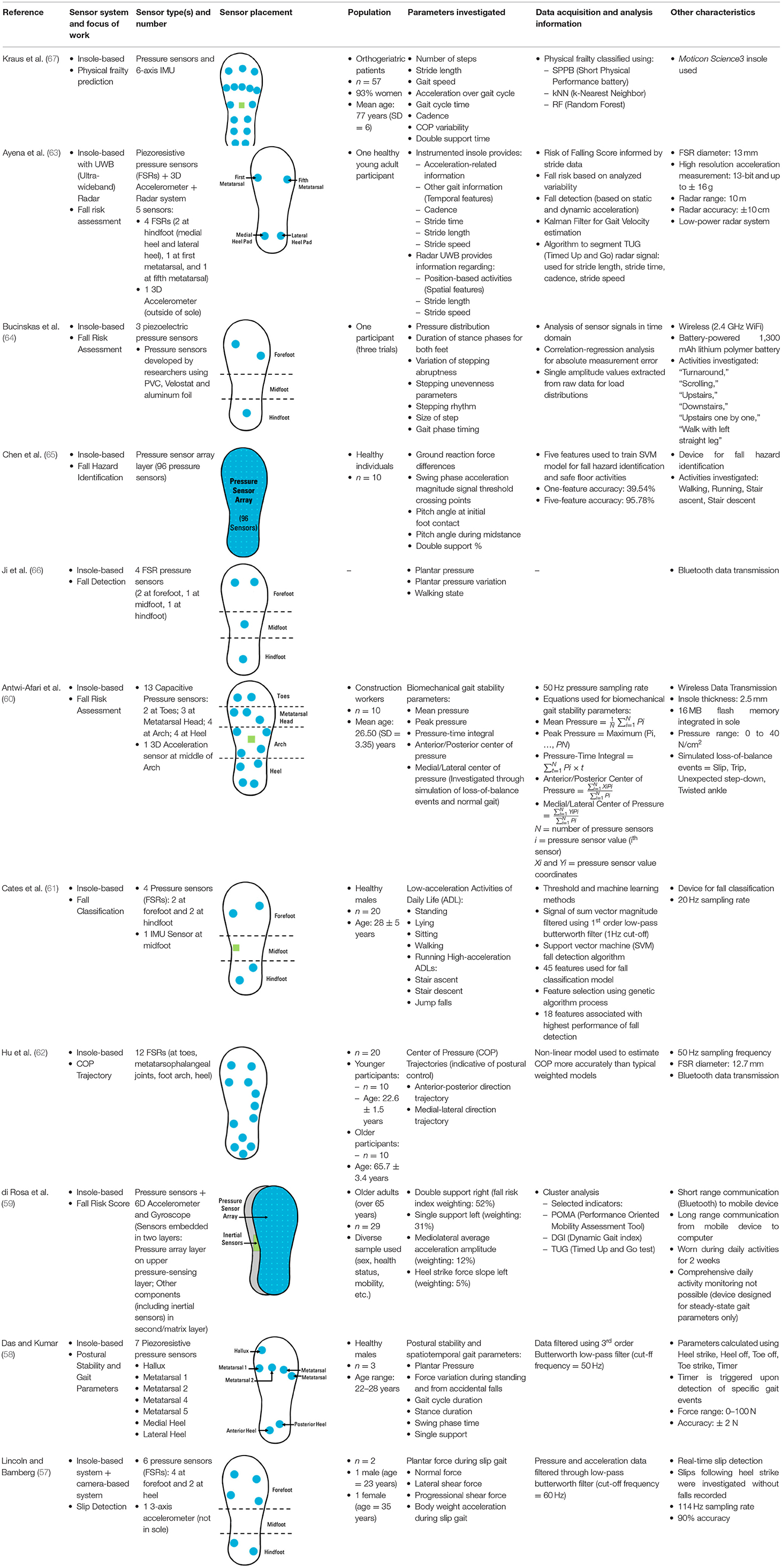The 6-Minute Rule for Dementia Fall Risk
Table of ContentsDementia Fall Risk - TruthsMore About Dementia Fall RiskSome Known Factual Statements About Dementia Fall Risk Dementia Fall Risk Fundamentals ExplainedDementia Fall Risk Can Be Fun For Anyone
Evaluating autumn danger assists the entire healthcare group create a more secure atmosphere for every client. Make sure that there is a marked area in your clinical charting system where personnel can document/reference ratings and document appropriate notes connected to fall avoidance. The Johns Hopkins Loss Threat Analysis Device is one of several tools your staff can utilize to assist protect against damaging clinical occasions.Patient falls in healthcare facilities prevail and devastating negative events that persist regardless of decades of effort to lessen them. Improving communication across the evaluating nurse, treatment team, person, and patient's most involved family and friends might strengthen loss avoidance efforts. A group at Brigham and Women's Medical facility in Boston, Massachusetts, looked for to establish a standard autumn prevention program that centered around boosted communication and client and family members interaction.

The advancement team highlighted that successful execution depends on patient and team buy-in, assimilation of the program right into existing operations, and fidelity to program processes. The group kept in mind that they are coming to grips with exactly how to guarantee continuity in program execution throughout periods of situation. During the COVID-19 pandemic, for instance, a rise in inpatient falls was connected with restrictions in person engagement along with constraints on visitation.
See This Report on Dementia Fall Risk
These incidents are commonly thought about avoidable. To execute the treatment, organizations require the following: Access to Autumn TIPS sources Fall ideas training and re-training for nursing and non-nursing personnel, consisting of new registered nurses Nursing workflows that enable for patient and household involvement to conduct the drops analysis, guarantee use the prevention strategy, and conduct patient-level audits.
The results can be very detrimental, typically increasing person decline and triggering longer healthcare facility remains. One study estimated remains raised an additional 12 in-patient days after an individual loss. The Autumn TIPS Program is based upon engaging clients and their family/loved ones throughout three main processes: evaluation, customized preventative treatments, and bookkeeping to make sure that clients are participated in the three-step autumn avoidance process.
The client evaluation is based upon the Morse Loss Range, which is a confirmed loss risk assessment tool for in-patient healthcare facility setups. The range includes the 6 most typical reasons patients in healthcare facilities fall: the patient fall history, high-risk problems (consisting of polypharmacy), use of IVs and other external tools, psychological standing, stride, and flexibility.
Each risk variable relate to one or even more workable evidence-based treatments. The registered nurse creates a plan that includes the treatments and shows up to the care team, client, and household on a laminated poster or printed visual help. Registered nurses establish the plan while consulting with the patient and the patient's family members.
The Best Strategy To Use For Dementia Fall Risk
The poster works as an interaction device with various other members of the client's care team. Dementia Fall Risk. The audit element of the program article source consists of examining the person's knowledge of their threat variables and avoidance strategy at the unit and hospital levels. Nurse champions conduct at the very least five specific interviews a month with individuals and their households to look for understanding of the fall avoidance plan

An estimated 30% of these falls cause injuries, which can vary in extent. Unlike other unfavorable occasions that call for a standard clinical action, autumn prevention depends highly on the demands of the individual. Including the input of individuals that understand the individual best permits better customization. This technique has proven to be much more reliable than autumn avoidance programs check my reference that are based primarily on the manufacturing of a danger rating and/or are not adjustable.
Some Known Factual Statements About Dementia Fall Risk

Based on bookkeeping outcomes, one site had 86% conformity and two sites had over 95% compliance. A cost-benefit analysis of the Fall TIPS program in 8 hospitals estimated that the program cost $0.88 per client to apply and led to cost savings of $8,500 per 1000 patient-days in straight expenses associated to the prevention of 567 tips over 3 years and 8 months.
According to the development group, organizations interested in implementing the program needs to perform a readiness assessment and falls prevention gaps evaluation. 8 Furthermore, companies should ensure the needed facilities and workflows for implementation and develop an implementation strategy. If one exists, the company's Autumn Avoidance Job Pressure must be associated with preparation.
The Ultimate Guide To Dementia Fall Risk
To start, companies should make sure completion of training modules by registered nurses and nursing aides - Dementia Fall Risk. Medical facility personnel must examine, based upon the needs of a health center, whether to make use of an electronic health and wellness document printout or paper version of the autumn prevention plan. Carrying out groups need to hire and educate registered nurse champs and develop procedures for bookkeeping and coverage on autumn data
Team require to be associated with the process of revamping the process to engage individuals and household in the evaluation and prevention plan process. Systems ought to be in place so that units can understand why a fall occurred and remediate the reason. Extra especially, registered nurses must have networks to supply continuous feedback to both staff and unit management see this page so they can readjust and enhance autumn prevention process and interact systemic issues.